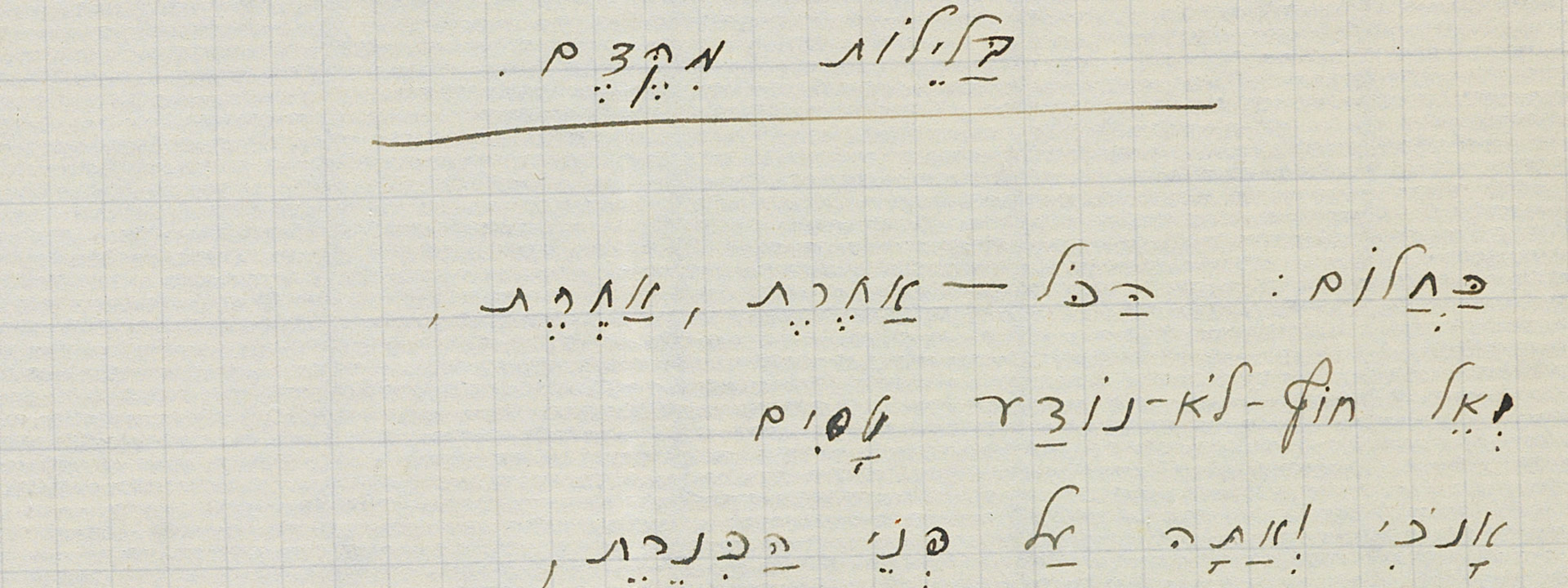Poets
A poet is an artist who writes poetry, considered by many the pinnacle of the arts and of the written word in particular. The work of poets has stood out across the breadth of human history and culture, while characteristics of the poetic art have varied according to place and period. The attempt to define exactly what poetry is and what makes a poet has confounded many. Nevertheless, poetry can be explained as a literary work that emphasizes the aesthetic aspect of the words of which it is comprised and which expresses global, religious, national or personal attitudes and ideas.
Poetry is rich in both emotion and imagination, making use of various artistic devices such as metaphor, rhythm, tempo, meter and rhyme. A poem’s content is often complex and multilayered. It can impart multiple meanings or be purposely ambiguous. Poetry can be poignant and enriching. It can ease loneliness and heartbreak, offer comfort, or provide inspiration, sympathy or empathy. Poetry also has the capacity to shock the reader, and reading it is not always a comfortable experience.
Throughout the ages, many poets were considered mysterious figures that aroused a great deal of curiosity. Many of them testify that their work stems from an inner urge, and they describe writing poetry as a torturous craft that involves all manner of deliberation, decision-making and loss of privacy. Poets often write from the depths of the soul, from loneliness and distress. For some, writing provides healing and repair, perpetuates the memory of lost loved ones and helps them to process difficult experiences and emotions.
Poet Archives at the National Library of Israel
Hebrew poetry appears in the Bible, and we also have piyyutim (liturgical hymns) written by Jewish poets from as early as the Second Temple period, some of which were incorporated into prayers. The great flowering of Hebrew poetry during the Golden Age of Jewish Culture in Spain culminated in the 11th and 12th centuries and included both sacred and secular verse. After the expulsion of the Jews from Spain, Hebrew poetry flourished mainly in Islamic countries.
Modern Hebrew verse, beginning in the 19th century, has been characterized by changing trends led by prominent poets influenced by historical events. These Hebrew poets drew inspiration from a variety of sources, including the Bible, the writings of the sages, ancient Greek culture, medieval Spanish Jewish poetry, as well as British and American poets.
The National Library has collected a wealth of poetry material, including books and recordings of poetry, drafts, manuscripts, photographs, correspondence, press clippings, and research containing exciting and surprising discoveries. The items shed light on the legacies of various poets in both the State of Israel and the Diaspora, as well as telling the lesser-known stories of Mizrahi poets of North African and Middle Eastern descent.
The Library houses the personal archives of Israeli poets such as Uri Zvi Greenberg, Leah Goldberg, Zelda, Haim Gouri, Haim Hefer and Agi Mishol, as well as the German-Jewish poet Else Lasker-Schüler. Of national importance is the archive of the estate of Hannah Senesh (Szenes), which was deposited in the Library in 2020, 76 years after her execution behind enemy lines during WWII. In addition to these, you can find piyyutim from various diverse traditions on the “Piyyut and Prayer” website with which the National Library partners.

